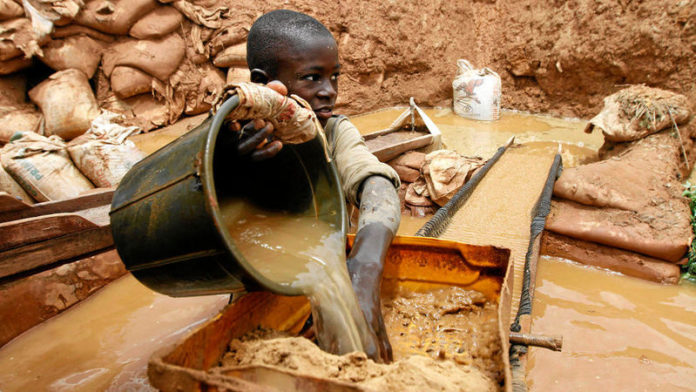
AUTHORITIES in South Kivu province in the Democratic Republic of Congo (DRC) has banned mining after a gold rush drew thousands of artisanal miners, said Reuters citing the provincial mines minister on Thursday.
Gold was discovered in Luhihi in February, said Reuters. It brought throngs of diggers putting pressure on the small village which is about 50km from the provincial capital, Bakavu, said South Kivu Mines Minister, Venant Burume Muhigirwa.
Miners, traders, and members of Congo’s armed forces (FARDC) were required to leave the mine sites in and around Luhihi, said Reuters. All mining activities were suspended until further notice, according to a decree dated on Monday.
The presence of FARDC at the mine sites – prohibited under the DRC’s mining code – contributed to the “disorder” at Luhihi, the decree said.
Muhigirwa said the mining suspension would allow authorities to identify the miners and ensure they are properly registered with artisanal mining regulators.
Subsistence mining – extracting minerals with rudimentary tools – is common across DRC, and the “artisanal” gold mining is especially widespread in the gold-producing east and northeast of the country, said Reuters.
However, it is open to massive abuse.
Provinces were doing a roaring trade in illegal gold smuggling, according to Reuters which cited a report by the United Nations.
The DRC’s North Kivu, South Kivu and Ituri provinces reported official production of just over 60kg of artisanal gold in 2019, yet exported a total of just over 73kg, the UN Group of Experts on the Congo found in its annual report.











